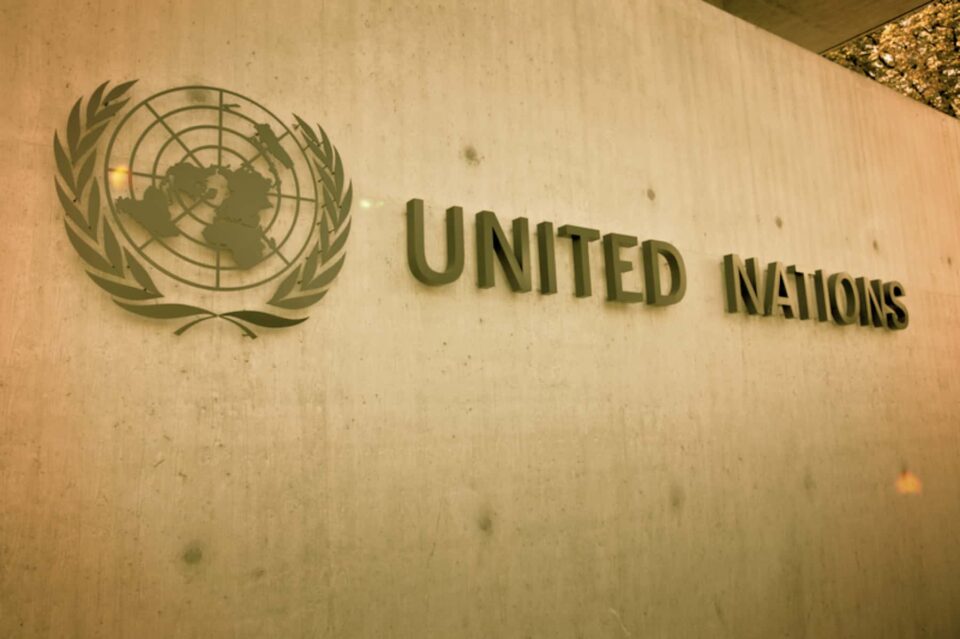The mainstream media are gearing up to bombard people with terms like “climate emergency,” “climate justice” and “climate equity” in anticipation of this week’s start of the 28th United Nations Conference of the Parties in Dubai.
They might even introduce catchphrases and announce historic breakthroughs in emission-reduction diplomacy. The public relations messaging of climate politics, however, has little connection with the economic realities of countries such as India that require heavy use of fossil fuels.
As politicians in fuel-guzzling jets prepare to descend on Dubai and lecture poor countries on energy morality, India is sending a subtle yet clear message that it is not giving up coal, oil and natural gas.
In India, elephants reign supreme, capturing the hearts of those who encounter them. With a staggering 32,000 elephants, the sprawling tropical forests of India are home to the sixth-largest population of these majestic creatures. In my formative years, I had the privilege of visiting these gentle giants in their native domain.
In recent years, I’ve witnessed my native country rise as a metaphorical elephant that refuses to go away.
India — along with China and African and Southeast Asian nations — has become the “elephant in the room” at the yearly U.N, climate gatherings. Leaders of the subcontinent have steadfastly asserted the country’s right to use fossil fuels, unwilling to comply with restrictive U.N. recommendations for energy policy.
The U.N. climate conference in 2015 was hailed as a pivotal moment as it sparked the creation of the Paris Agreement to reduce carbon dioxide emissions from the combustion of fossil fuels. But even at that time, India’s resistance was unmistakable.
During the formulation of the agreement, India vehemently opposed the imposition of stringent emission-reduction mandates on its economy. It played an integral role in devising of the term “climate justice” while arguing that economic progress should not be sacrificed by restrictions on the use of fossil fuels.
In its Intended Nationally Determined Contribution — a document where individual countries outlined their level of commitment to the Paris accord — India made clear that it would not compromise domestic energy security at the altar of climate religion.
At the 2022 gathering in Egypt, climate luminaries put forth a pioneering proposition to phase out all fossil fuels. Again, India persistently opposed such a course of action, opting instead to pursue a “phase down” rather than a “phaseout” of fossil fuels. With no intention to decrease its consumption of fossil fuels, the country has boldly put off net zero, the holy grail of the climate-obsessed, until 2070.
Please think about donating below.



